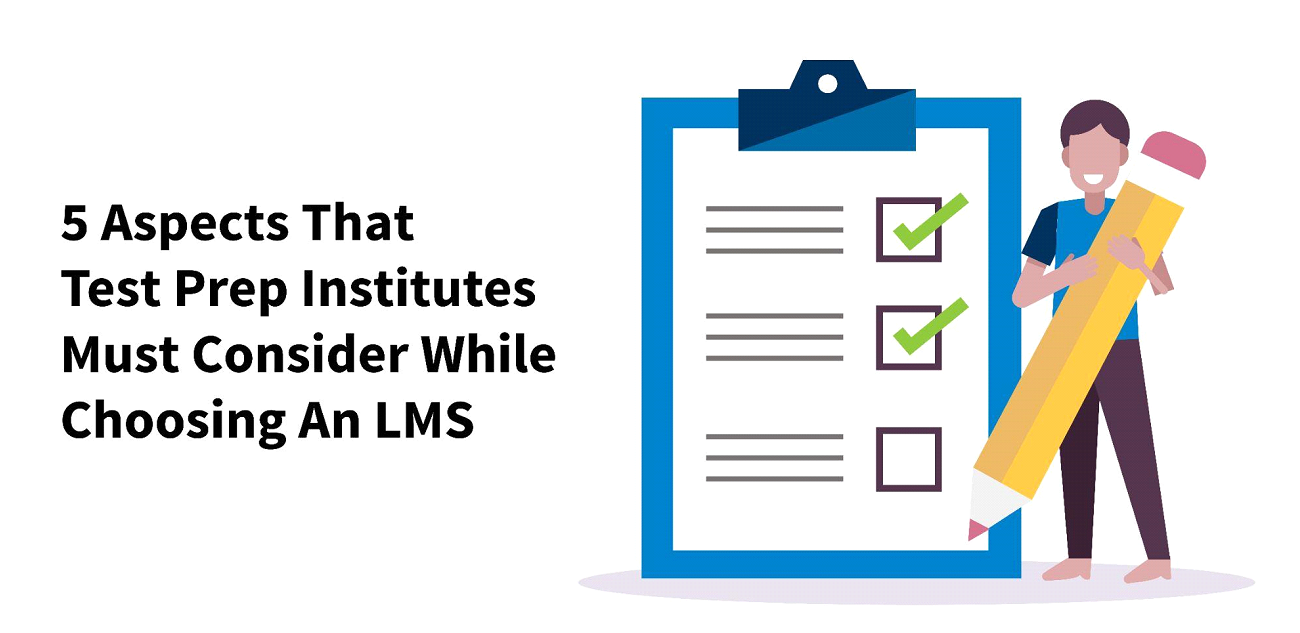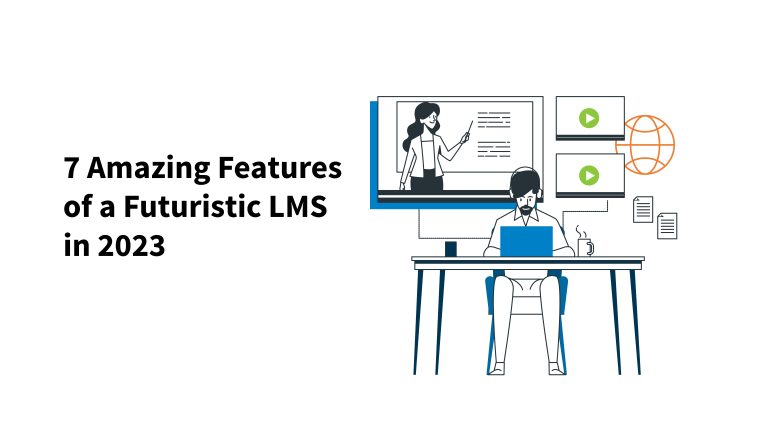Introduction
The test prep industry has experienced significant growth in recent years, particularly in light of the pandemic. As more and more students are moving towards digital learning, test prep institutes have to develop innovative solutions to meet the growing demand for digital education.
One of the essential tools for delivering digital education is the Learning Management System (LMS). A report by KPMG states that Indian students who used the LMS platform for education reported a 90% improvement in learning outcomes. Top five significant challenges that test prep institutes face in setting up an LMS platform, and possible solutions.
Challenge 1: Identifying the right LMS
Selecting the right LMS platform for test prep is critical to deliver a seamless digital learning experience. There are several platforms available, each with different features and capabilities. This makes it difficult for the institutes to determine the most suited platform.
Solution:
Before selecting an LMS platform for coaching or test prep, the company needs to identify its specific needs and requirements. Once identified, the company should conduct extensive research on the different education platforms available in the market and their features. The company should test the platforms against their specific needs and select the one that meets their requirements. As each institute is unique, do check the customisation capabilities in particular. At this stage, test the product, and the LMS partners. This will be a long, ongoing relationship.


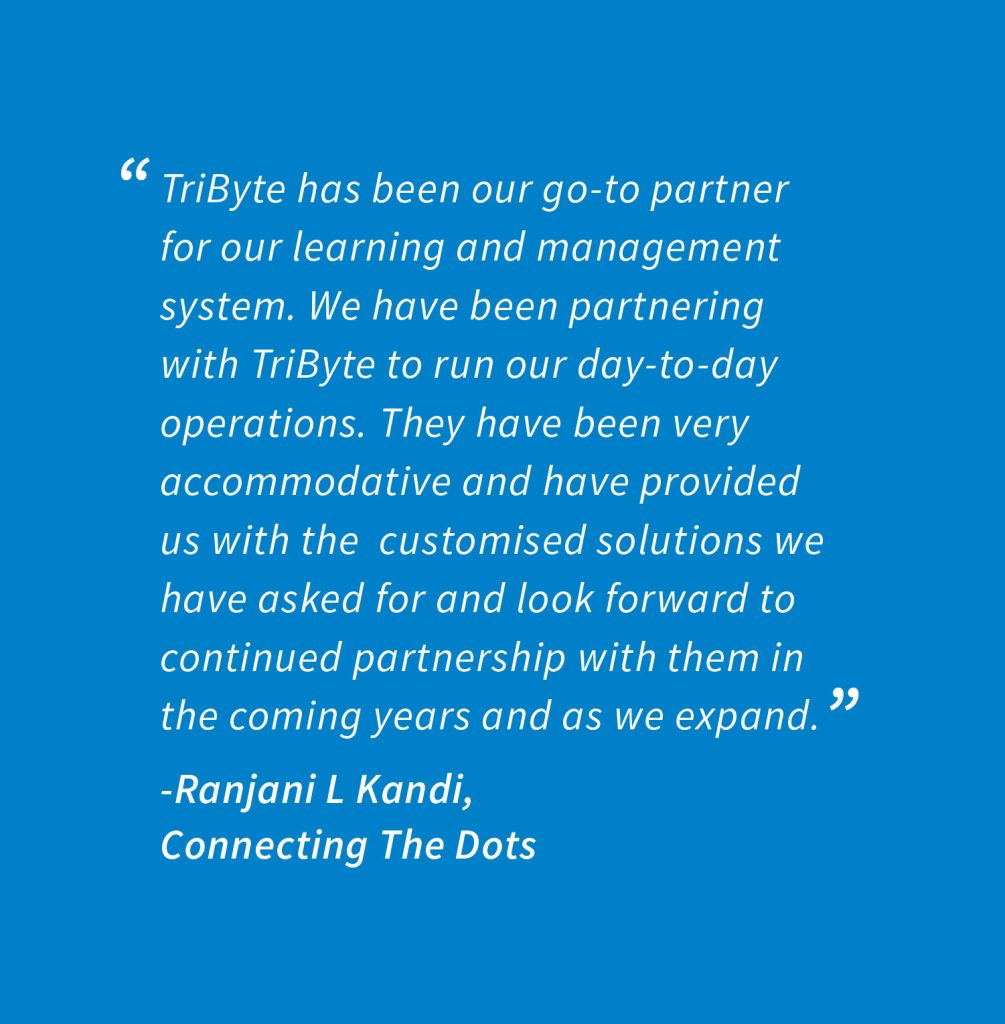

Challenge 2: Integrating the LMS Platform with Existing CRM, LMS, Payment gateways, etc.
Integrating an LMS platform with existing technologies like CRM, payment gateways, etc. can be a challenging task for test prep institutes. This is particularly true when existing technologies are outdated, and the LMS platform is new and advanced.
Solution:
To tackle this problem, assess the compatibility of the LMS platform with existing infrastructure. If necessary, upgrade your existing technologies, and ensure they’re compatible with the LMS platform. Alternatively, opt for a platform that already integrates with the current technologies. TriByte is compatible with various technologies such as payment gateways and CRM platforms.
Challenge 3: Adaptive Learning in TestPrep
Learners have different learning styles. An LMS platform that fails to cater to the needs of learners can lead to decreased engagement and learning outcomes.
Solution:
Select an LMS platform for test prep with adaptive learning features so that it provides different modes of content delivery, including audio, video, text, and interactive content. Incorporate different types of assessments, such as quizzes, exams, and essays, to cater to different learning styles. Additionally, provide learners with personalised learning paths and offer feedback and support to ensure that they stay engaged. Other advanced capabilities to engage students would be sending automated reminders, nudges etc through WhatsApp, SMS and email.


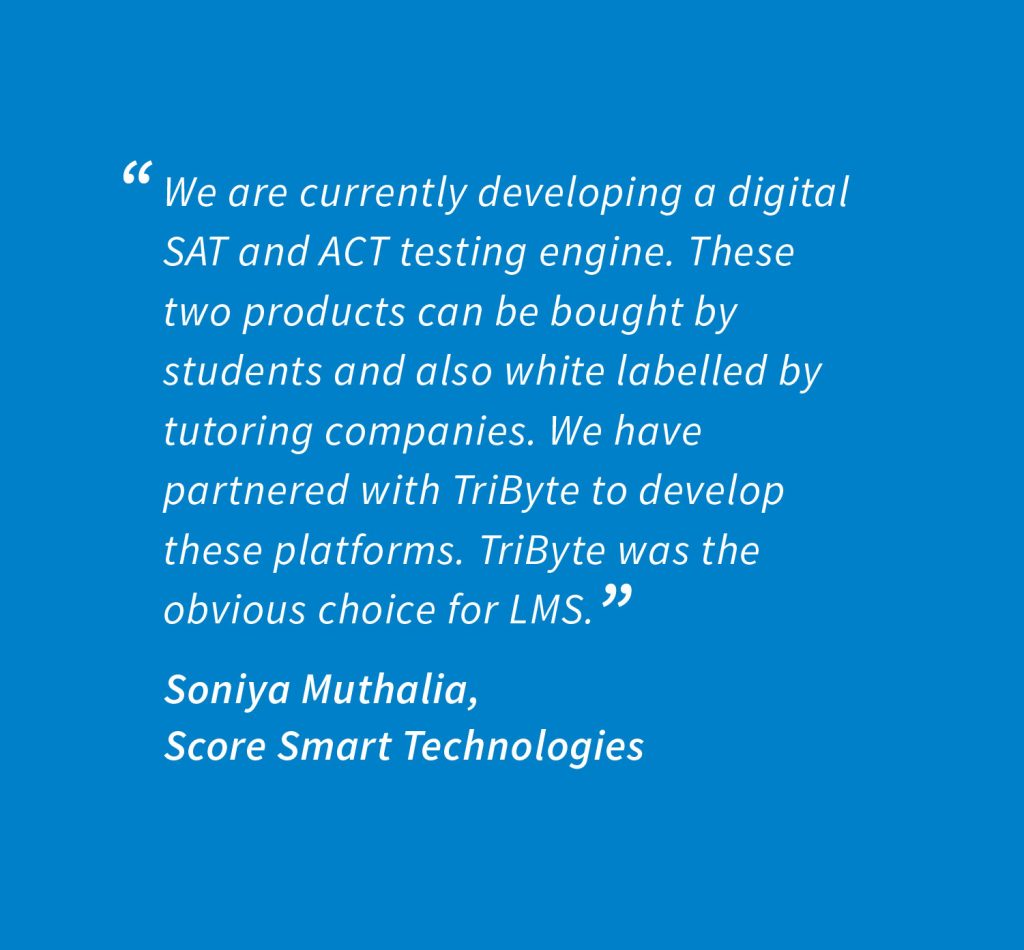

Challenge 4: Ensuring Security and Scalability
Data security and scalability are crucial for test prep institutions that deliver online courses. The LMS platform must have robust data encryption and security features to safeguard intellectual property and other sensitive information. The platform should also be flexible enough for scalability and support sudden surges in traffic.
Solution:
To address this challenge, pick an LMS platform that has advanced security features and is thoroughly tested. Conduct regular security audits and assessments to ensure content is secure from hackers. TriByte offers a secure and scalable LMS platform hosted on a secure cloud and auto-scale environment to support a high volume of traffic and uses AES encrypted HLS to stream and secure video delivery
Challenge 5: Ensuring Accessibility for All Learners
Ensuring that your LMS platform is accessible to all learners is crucial. Yet, providing accessibility for learners from rural areas and towns is a big challenge even today as internet connectivity is flaky and has inconsistent speed
Solution:
When selecting an LMS platform, prioritise accessibility features. Ensure that the platform meets the accessibility requirements of the students. One of the most effective ways to combat this challenge would be to use an LMS that would support offline accessibility for learners. Also, students use multiple devices like mobile, tablets or PC running different operating systems. Therefore, your digital classes must be responsive and work seamlessly across all devices.
TriByte offers an LMS platform that works offline irrespective of network connectivity


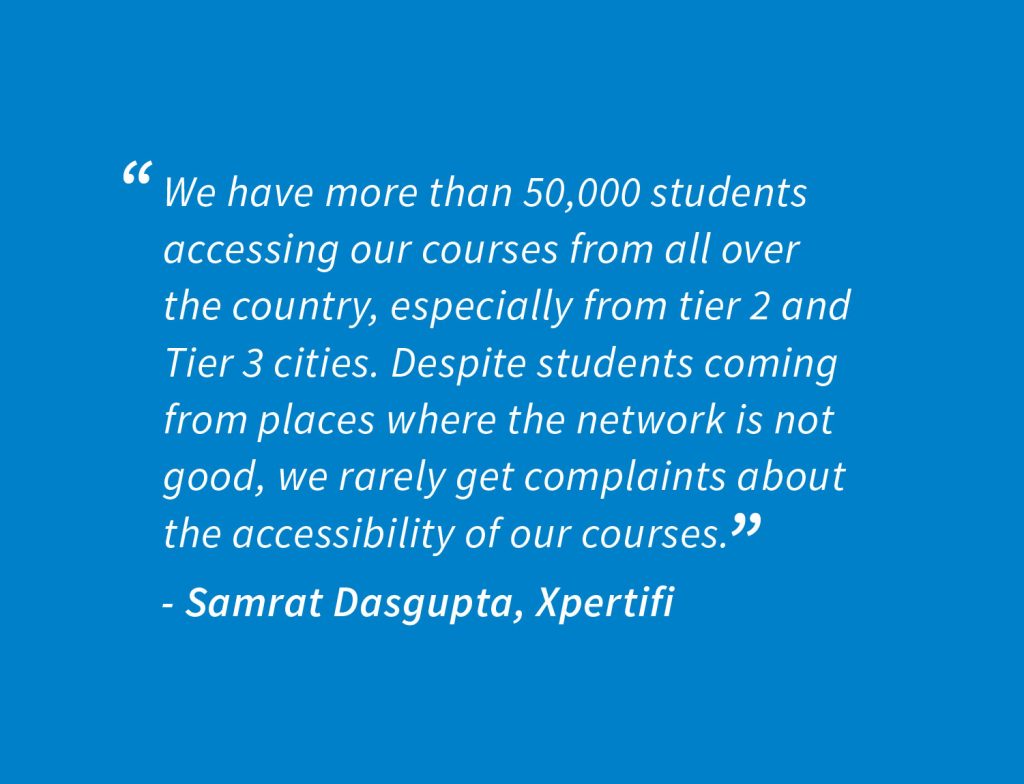

Conclusion
Setting up an LMS platform for a test prep institute can be challenging, but with the right approach, it can be a rewarding experience. By addressing these challenges, test prep institutes can deliver an effective learning experience. Remember, the key to success is to stay flexible, keep innovating, and keep learning.


